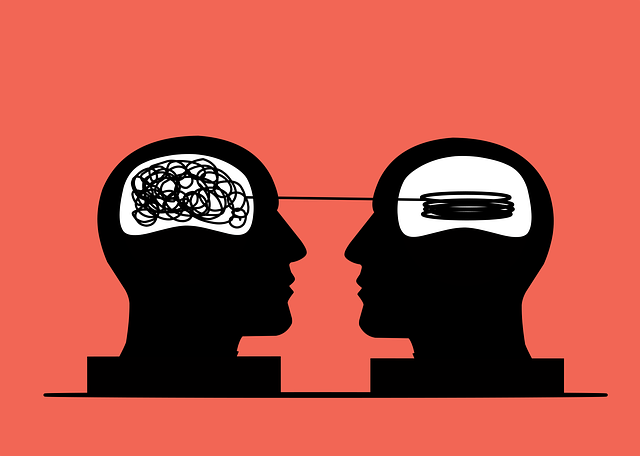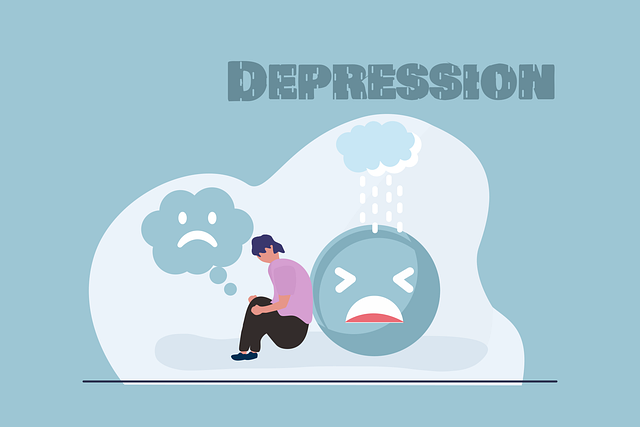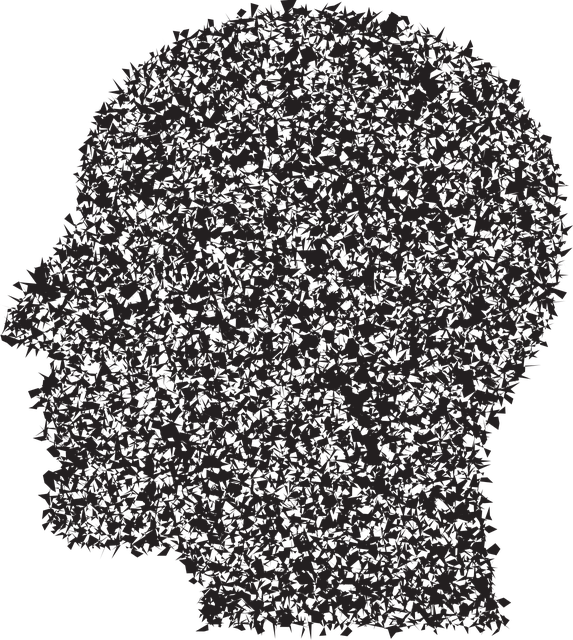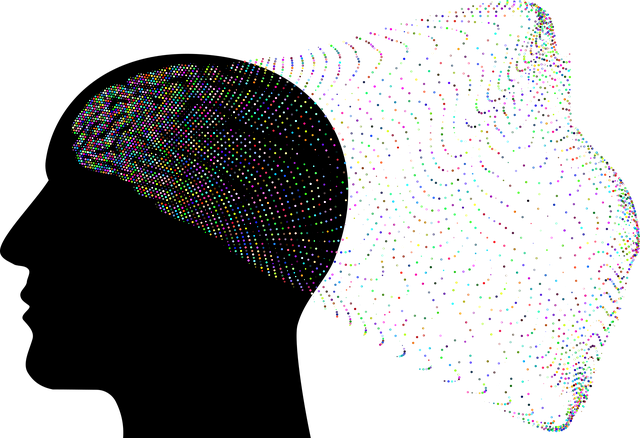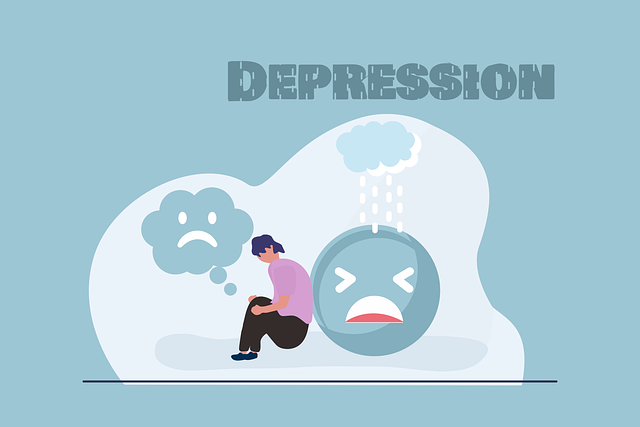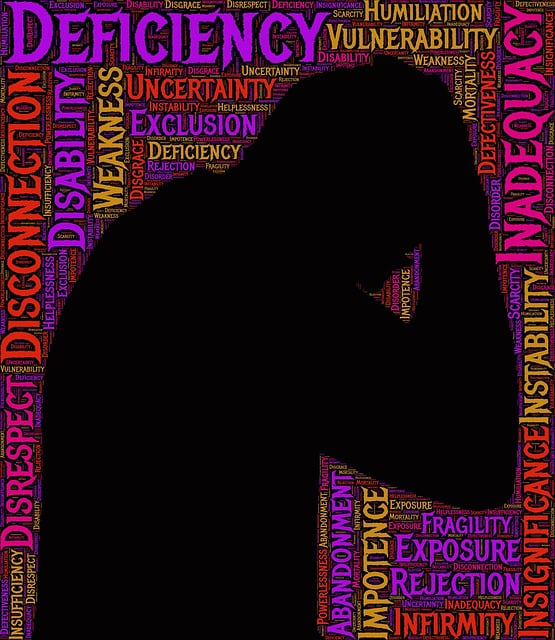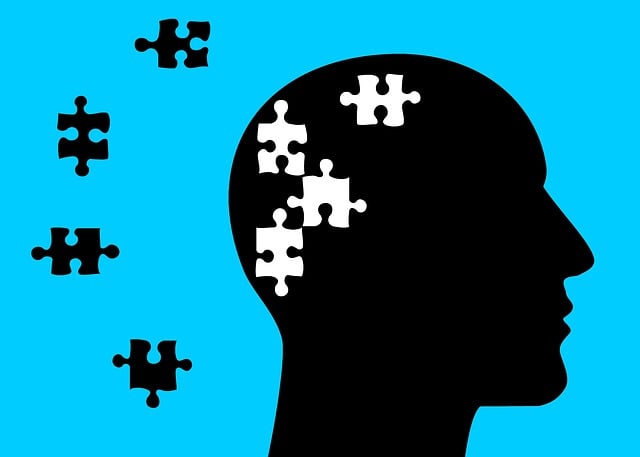Golden Major Life Transitions Therapy (GMLT) is a structured therapeutic approach designed to help individuals navigate crucial life changes with resilience and emotional strength. By framing transitions as opportunities for growth, GMLT equips people with tools to adapt, cope, and flourish during challenging times like career shifts, relationship endings, or personal losses. Using the RFM Model, therapists assess risk, frequency, and mood to develop targeted interventions fostering emotional intelligence and robust coping strategies. GMLT integrates compassion cultivation, self-care, and evidence-based practices like CCP, ISD, and SEI for comprehensive resilience building. Success is measured by cultivating psychological hardiness through mindset shifts and emotional agility, enhanced by mindfulness meditation. This holistic approach ensures individuals face future challenges with empowerment and self-reliance.
“Discovering resilience is a transformative journey, and Golden Major Life Transitions Therapy offers a powerful framework. This article explores how understanding key life changes can build mental fortitude. We introduce the RFM Model, a navigation tool for resilience training, delving into its impact on well-being. Early life experiences shape our future, making it crucial to examine their influence. Learn how personalized programs can enhance psychological hardiness and uncover strategies for long-term success in fostering resilience through Golden Major Life Transitions Therapy.”
- Understanding Golden Major Life Transitions Therapy: A Foundation for Resilience
- Unveiling the RFM Model: Navigating Resilience Building Exercises
- The Impact of Early Life Experiences on Later Well-being
- Practical Application: Designing Personalized Resilience Training Programs
- Measuring Success and Fostering Long-term Psychological Hardiness
Understanding Golden Major Life Transitions Therapy: A Foundation for Resilience

Golden Major Life Transitions Therapy (GMLT) is a powerful approach that focuses on navigating life’s pivotal moments with resilience and emotional strength. This therapy recognizes that significant changes, or transitions, are inevitable in our lives, and it equips individuals with the tools to adapt and flourish during these challenging times. By understanding and embracing these transitions as opportunities for growth, GMLT lays a solid foundation for building resilience.
The process involves exploring one’s emotional responses to major life events, such as career shifts, relationships ending, or personal losses. Through this introspection, individuals gain insights into their coping mechanisms and learn to cultivate positive strategies for self-esteem improvement and coping skills development. GMLT encourages a proactive mindset, enabling people to embrace change, foster resilience, and ultimately, lead more fulfilling lives.
Unveiling the RFM Model: Navigating Resilience Building Exercises

The RFM Model offers a powerful framework for understanding and navigating resilience-building exercises, especially during Golden Major Life Transitions. This approach, often integral to therapy sessions focused on mental illness stigma reduction efforts, emphasizes three key aspects: Risk, Frequency, and Mood. By unraveling these components, therapists can effectively guide clients towards emotional intelligence development and enhanced coping mechanisms.
Each element of the RFM Model plays a crucial role in risk assessment for mental health professionals. Identifying high-risk situations or behaviors, tracking their frequency, and analyzing associated mood states enable practitioners to tailor interventions. This not only aids in managing acute crises but also fosters long-term resilience, empowering individuals to dance through life’s challenges rather than being overwhelmed by them.
The Impact of Early Life Experiences on Later Well-being

Our early life experiences have a profound impact on our later well-being. The first few years shape our brain architecture, forming neural pathways that influence how we respond to stress and interact with others throughout our lives. Traumatic events or chronic stress during childhood can disrupt these pathways, leading to long-term mental health issues and difficulties regulating emotions. This is where Golden Major Life Transitions Therapy comes into play, offering a powerful tool for healing and resilience building.
Through the lens of risk assessment for mental health professionals, it’s crucial to recognize that early life experiences can significantly predispose individuals to various challenges. However, by integrating compassion cultivation practices and self-care strategies, therapists can empower clients to navigate these transitions more effectively. By fostering a sense of safety and nurturing, these exercises help rewire the brain, promote healthy attachment styles, and build resilience, ultimately enhancing one’s capacity for healing and overall well-being.
Practical Application: Designing Personalized Resilience Training Programs

In designing personalized resilience training programs, it’s essential to recognize that individuals approach life transitions differently. The Golden Major Life Transitions Therapy (GMLT) framework offers a structured yet adaptable approach. By assessing an individual’s stage of transition, past experiences, and coping mechanisms, therapists can tailor exercises from various evidence-based practices, such as Compassion Cultivation Practices (CCP), Inner Strength Development (ISD), and Self-Esteem Improvement (SEI).
For instance, for someone navigating a major life change like retirement or career shift, CCP might involve mindfulness meditation to cultivate compassion towards oneself and others. In contrast, for those dealing with loss, ISD could focus on building coping skills through problem-solving strategies and positive self-talk. Integrating these diverse techniques ensures comprehensive resilience-building, empowering individuals to navigate challenging transitions with enhanced emotional fortitude.
Measuring Success and Fostering Long-term Psychological Hardiness

Measuring success in resilience building exercises is an essential aspect that often gets overlooked. It’s not merely about achieving a specific outcome but cultivating psychological hardiness that enables individuals to navigate life’s challenges with grace and adaptability. This long-term goal involves fostering a mindset that embraces change, encourages self-reflection, and promotes emotional agility. By integrating practices like mindfulness meditation into daily routines, participants can develop a deeper sense of inner strength and calmness, making them better equipped to handle stress and adversity.
Golden Major Life Transitions Therapy, for instance, recognizes the profound impact of significant life changes on an individual’s mental well-being. It provides crisis intervention guidance tailored to help people overcome these transitions more effectively. Through regular assessments and feedback mechanisms, therapists can gauge progress in building resilience, ensuring that interventions are not just short-term fixes but contribute to sustained psychological hardiness. This holistic approach prepares individuals to face future challenges head-on, fostering a sense of empowerment and self-reliance.
Golden Major Life Transitions Therapy (GMLTT) offers a robust foundation for building resilience, as evidenced by the RFM model. By understanding early life experiences and their impact on well-being, we can design personalized resilience training programs that effectively foster long-term psychological hardiness. This holistic approach, grounded in GMLTT principles, equips individuals to navigate life’s challenges with greater ease, ensuring a brighter and more resilient future.
